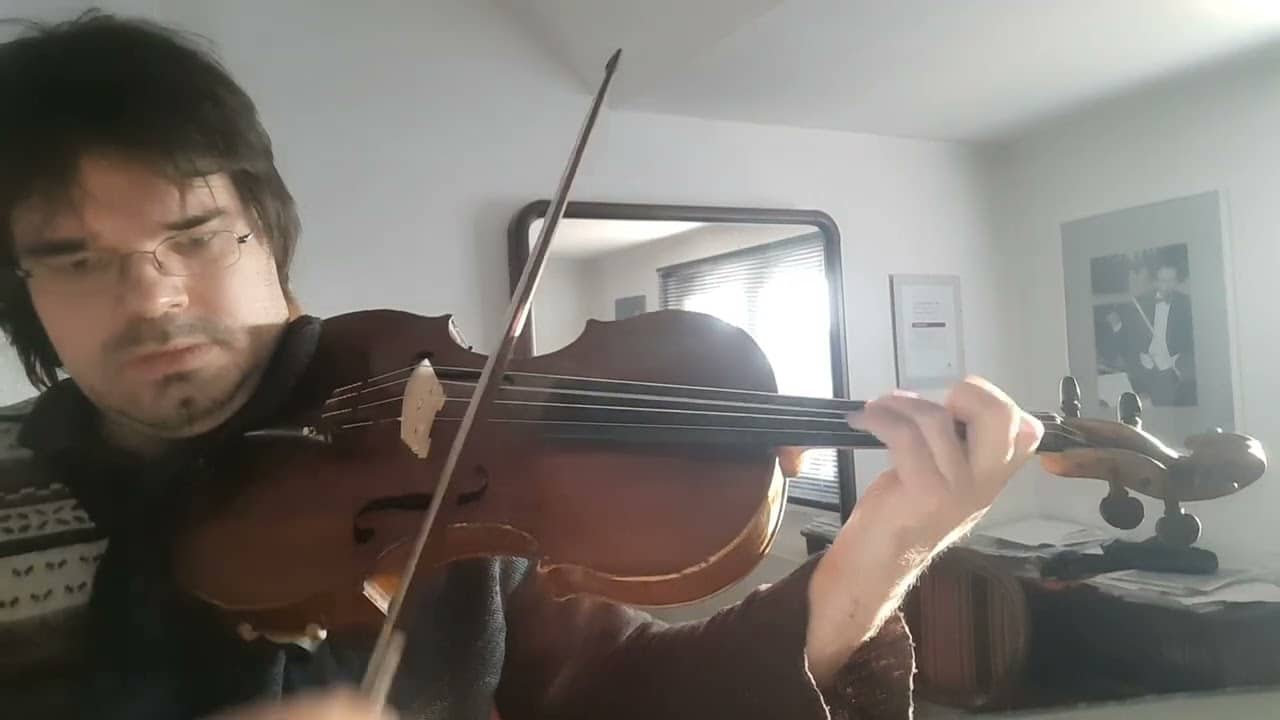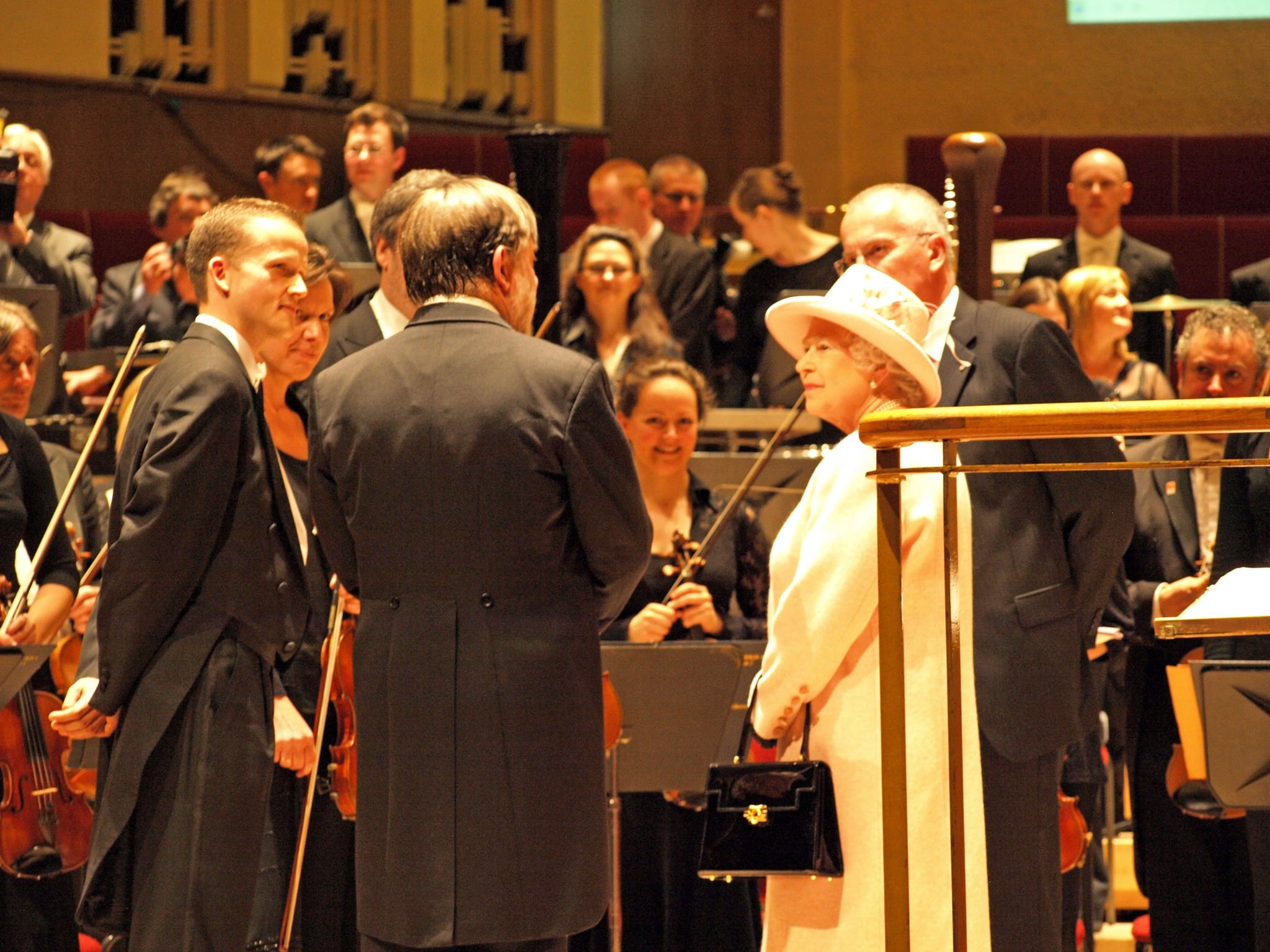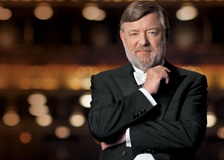What would Aristotle have made of it?
mainOne morning before too long, you will wake up and find last night’s opera premiere reviewed in your paper by Covent Garden’s chief executive and the new play at the National by a drizzle of audience comments.
The role of arts critic is being eroded and, unless we do something about it, discussion of the arts will soon be monopolised by promoters – as it is already on TV talent shows – and by the unaccountable whimsy of bloggers.
American newspapers are shedding critics as the first line of economy. In Britain review space has shrunk and some forms – television criticism, for instance – are being abolished.
Is that such a bad thing? I hear you ask. What are critics, anyway, except a bunch of curmudgeons who are paid to pour scorn over our favourite stars? Why do they so rarely have a nice word to say for new musicals?
Why, indeed. To answer that, you have to go back three hundred years to Swift and Addison who invented the profession of criticism – perhaps even further to Aristotle, who laid down the rules of aesthetics and the tradition of debate. What critics have done ever since is to apply expert analytical skills and years of experience to all they see and hear.
Most critics I know are inveterate optimists who go out night after night in the fond expectation of finding genius. Their disappointment is recorded more in sorrow than in rage, and their comments form an essential part of creative self-correction. Without critics, the arts go into reverse and democracy gives way to mob rule.
It is a thankless task, criticism. Artists hate being told where they went wrong and editors don’t like to offend billionaire advertisers. It’s a thankless job, but unless we cherish it, we stand to lose one of our oldest freedoms. So read the reviews this morning and enjoy the range of comment on the page. It may not be there forever.
And here’s the URL for the ensuing Night Waves discussion with Andrew Dickson of Guardian online and Susannah Clapp of the Observer. http://www.bbc.co.uk/programmes/b00dwgnk





Mr. Lebrecht, a quote:
“It is Criticism that, recognising no position as
final, and refusing to bind itself by the shallow shibboleths of
any sect or school, creates that serene philosophic temper which
loves truth for its own sake, and loves it not the less because it
knows it to be unattainable. How little we have of this temper in
England, and how much we need it! The English mind is always in a
rage. The intellect of the race is wasted in the sordid and stupid
quarrels of second-rate politicians or third-rate theologians. ”
Oscar Wilde, The Critic as artist.
I agree with what you say. But it seems to me, critics nowadays are no more than celebrity “commentators”. They are not expected to have any knowledge, let alone curiosity about what they write about.
Look at BBC’s Newsnight Review, where the “critics” take pride in adopting philistine positions, “I never understood dance”, from Rosie Boycott about a dance performance. And why are they “reviewing” Hollywood blockbusters and books by ex-spin doctors. Is this what culture is ?
I’m nostalgic for the patronising, paternalistic days of the Third Programme.